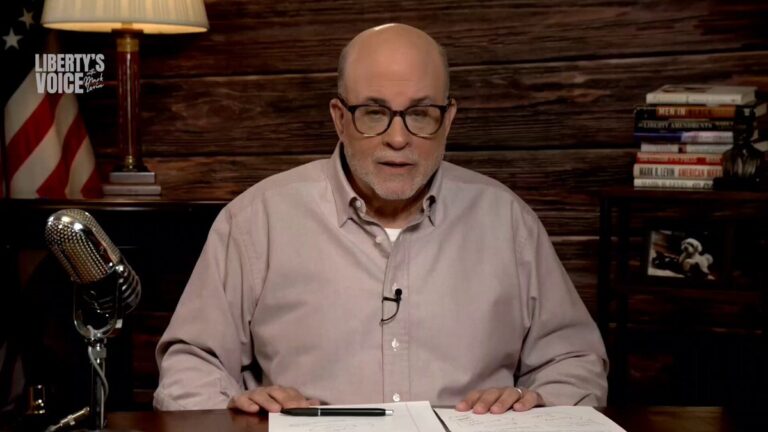Parshas Ki Savo describes the legendary episode, where Moshe gives over to klal Yisroel the berachos on Har Grizim and the klalos on Har Aival. The last klala says (27; 26) ‘Cursed be he who does not uphold the words of this Torah, to fulfill them. And all the people shall say, ‘Amen!’’.
On the surface it seems like a very general klala. The Torah is quite particular with other klalos, stating specifics – i.e. cursed be he who curses his parents; who worships idolatry, etc. Why then, is this one so broad?
Secondly, let us delve into this a bit deeper; anyone who transgresses any previous curse has automatically transgressed the last curse of ‘not upholding the words of the Torah!’ That being said, it obviously can’t be referring to any of the aforementioned curses. If so, what is this last curse coming to add?
Lastly, what does it mean when it says ‘to fulfill them‘if it already says ‘he who does not uphold ‘? If one does not uphold them, he in essence has not fulfilled the will of Hashem? What is the meaning of these extra words?
Ksav Sofer brings a Rambam, who answers with the following idea.
A human being is created with a yetzer tov and a yetzer hara. The objective of the yetzer hara is to trick a person to allow them to give into their earthly desires. When someone does an aveira it is because he gave into a desire and slipped. If deep down he understands that there’s a mitzvah in the Torah not to do that, his punishment isn’t so severe. But if this person, who gets caught up in aveiros, says to himself that these specific commandments are ‘not for him’, he will receive an inferior punishment. As the Rambam states, this is what the pasuk refers to when it says ‘nefesh asher ta’aseh b’yad rama – one who transgresses a sin with a strong hand and intentional, Hashem who migadef- he is cursing Hashem. Says the Rambam, this applies even if it’s the smallest aveira in the world; when a person reaches such a low-where he says that “Hashem didn’t mean me”-such a person lacks trust in Hashem and his Torah.
A person must be extremely careful to avoid leading to such behavior. There are certain aveiros that we all struggle with, but one should understand that although they are difficult-with siyata d’shmaya we will overcome it. One can never come to the point where they say that this aveira was not meant ‘for me’. The Rambam says that even someone who stumbles but knows that it is wrong, his punishment is not as severe as the person who disregarded the word of Hashem.
Says the Ksav Sofer all of the curses mentioned are for the person who stumbled and gave in to his desire. But the last curse (27; 26) is referring to the person who deliberately says ‘I’m not makbid on this one’. Such an attitude is blasphemy! Even though it’s a small aveira, if you write it off there is a separate curse reserved for you-since you made a mental decision that this specific commandment is not for you.
There’s a tremendous lesson for us to learn from here and that is to be extremely cautious. Even though life is full of difficult challenges and we all fall nevertheless, even if you transgress a sin over 100 times-you can never get to the point, and are not allowed to say, I’m not makpid on such a commandment’ or ‘it’s not for me’. For if you do, you are entitled to a special curse.
May we all merit having an easy time overcoming any desires we may have and may we have more and more opportunities to show Hashem how much we love his Torah by performing more and more mitzvos, daily.
HAVE A GREAT SHABBOS.
WE NEED YOUR HELP TO CONTINUE. PLEASE CONSIDER SPONSORING AN ISSUE, FOR ANY OCCASION. FOR DETAILS EMAIL: [email protected].
For questions or comments please send an email to: [email protected] To add a friend to this weekly email list please send a request to: [email protected] CHECK IT OUT. IT’S NOW LIVE. LOOK UP ALL YOUR FAVORITE VERTLUCH AT: www.vertluch.com










